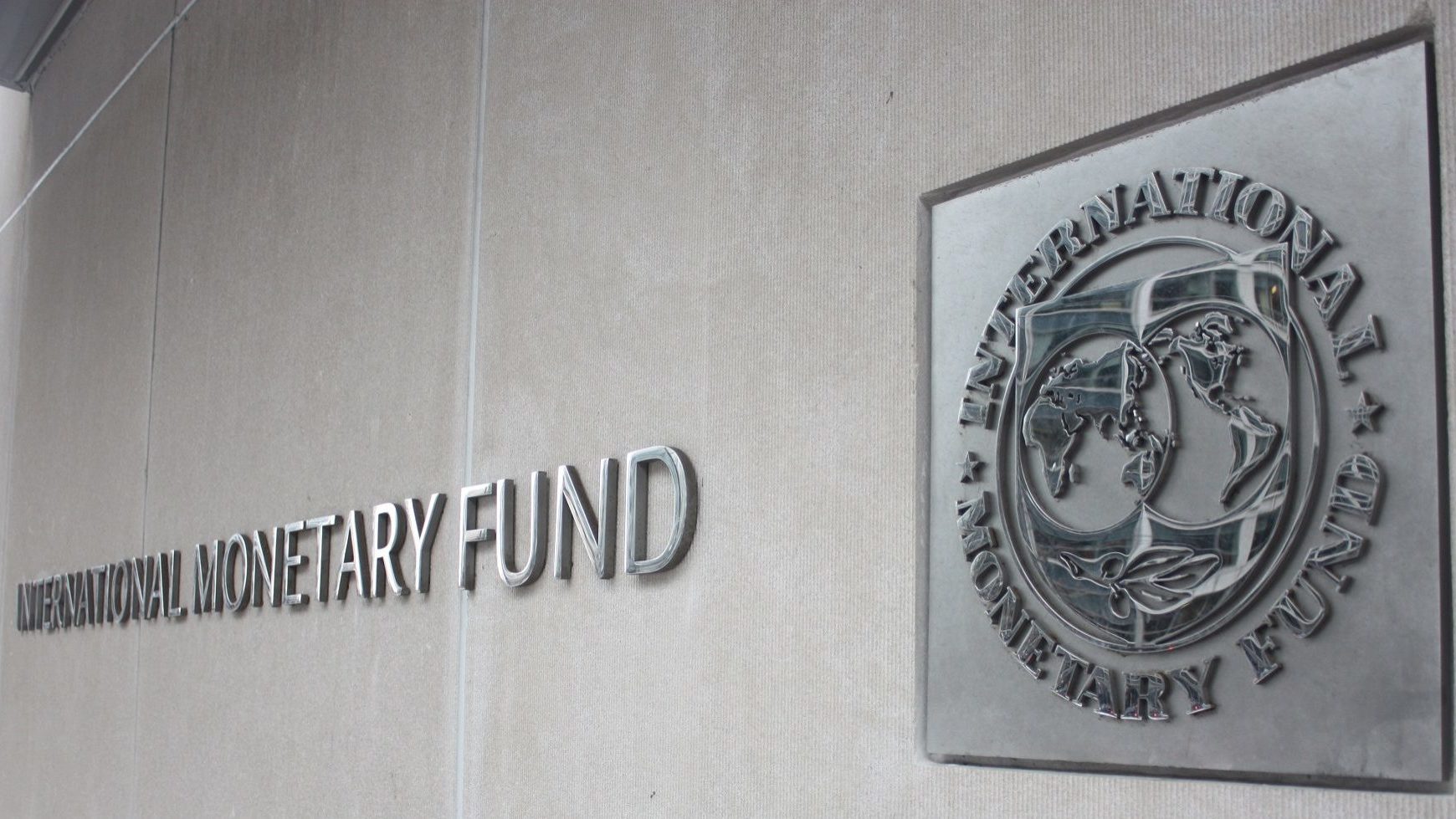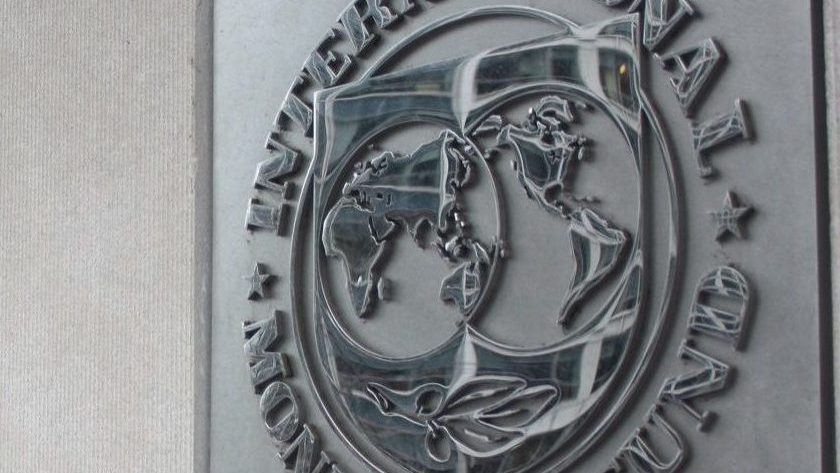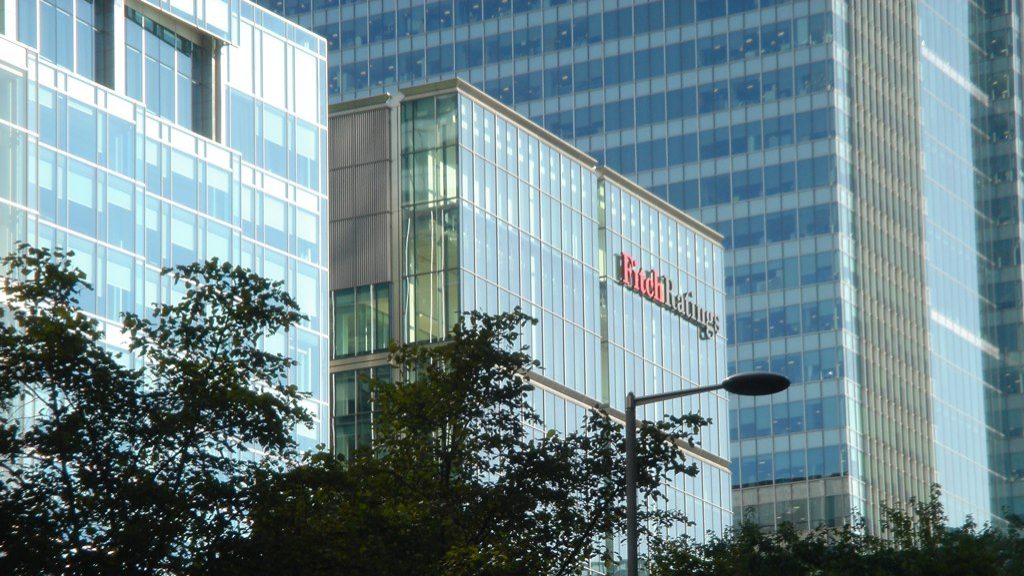Portugal could receive €1.8B from IMF Special Drawing Rights
According to a Fitch report, Portugal could receive 1.8 billion euros (about 2.2 billion dollars) in reserves from the International Monetary Fund (IMF).
Portugal could receive 1.8 billion euros (about 2.2 billion dollars) in reserves from the International Monetary Fund (IMF) if that money is not redistributed to the countries most in need, according to a Fitch report.
On Friday, the finance ministers of the G7 (seven most industrialised countries in the world) backed measures for countries particularly vulnerable to the pandemic to receive more financial aid through the IMF.
The member countries agreed to support an issue of Special Drawing Rights (SDRs), an instrument created by the IMF to provide liquidity and expand the available resources of states with financial needs, acting as a kind of capital increase for the IMF.
According to rating agency Fitch, which calculates an increase of 500 billion dollars (around 418.6 billion euros), this would lead to an allocation to Portugal of 2.2 billion dollars or around 1.8 billion euros.
The final value will result from converting the current quota that Portugal has in the IMF, corresponding to 0.43% of the total and 0.44% of the voting rights.
However, the final amount is not yet known. The IMF and World Bank’s annual meetings are scheduled for April, where this issue should be detailed and defined more specifically.
In response to Lusa about the allocation that Portugal could receive, the finance ministry said that “the amounts are not public yet”, referring to the G7 communiqué, which said that countries would “explore how countries could voluntarily recycle their SDR reserves to give more support to low-income countries”.
“As such, a generalised allocation of resources will be under discussion at the IMF, a discussion that is still at an early stage, not yet at the stage of deciding on the recycling [as it is written in the communiqué] of these resources to low-income countries,” an official source from Finance told Lusa.
The previous issue of Special Drawing Rights, which work as a kind of currency of the IMF accounted for as a reserve, was carried out in 2009, and Portugal was left with 549.11 million SDRs, with a quota of 2,060.1 million SDRs.
An SDR is a unit in which the US dollar has 41.73% of the weight, the euro 30.93%, the Chinese yuan 10.92%, the Japanese yen 8.33% and the pound sterling 8.09%, and is quoted daily by the IMF.
On Monday, 1 SDR corresponded to 1.19305 euros.
In recent weeks, African countries repeatedly asked richer countries to allow their share of the new SDR allocation to be lent to countries facing greater difficulties and have less budgetary room for manoeuvre to fight the pandemic and revive their economies.
In an interview with Lusa this week, the executive secretary of the United Nations Economic Commission for Africa, Vera Songwe, said that African countries need to be helped because they also have more expensive market access in addition to fewer funds.
“It should be remembered that this crisis is not an African crisis. It did not arise due to mismanagement. Africa has suffered because it does not have access to a strong currency. While developed countries have given 20% of their GDP in stimulus to the economy, with the United States approving a 1.9 trillion dollars [1.6 trillion euros] plan, Japan with 700 billion dollars [587 billion euros], the 54 countries of Africa are asking for 100 billion dollars [84 billion euros] in terms of easier market access,” Vera Songwe said.
“What Africa is arguing is that if the allocation is 500 billion dollars, Africa gets 25.6 billion dollars [21.5 billion euros], and if it is 650 billion dollars [545 billion euros], it will be 32 billion dollars [26.8 billion euros], which is still a meagre amount,” she added.
“The G7 countries receive 217 billion dollars [182 billion euros] and can lend some of these resources so that [African countries can] have access to the market, which is very difficult because the cost of capital is very high,” Songwe added.


